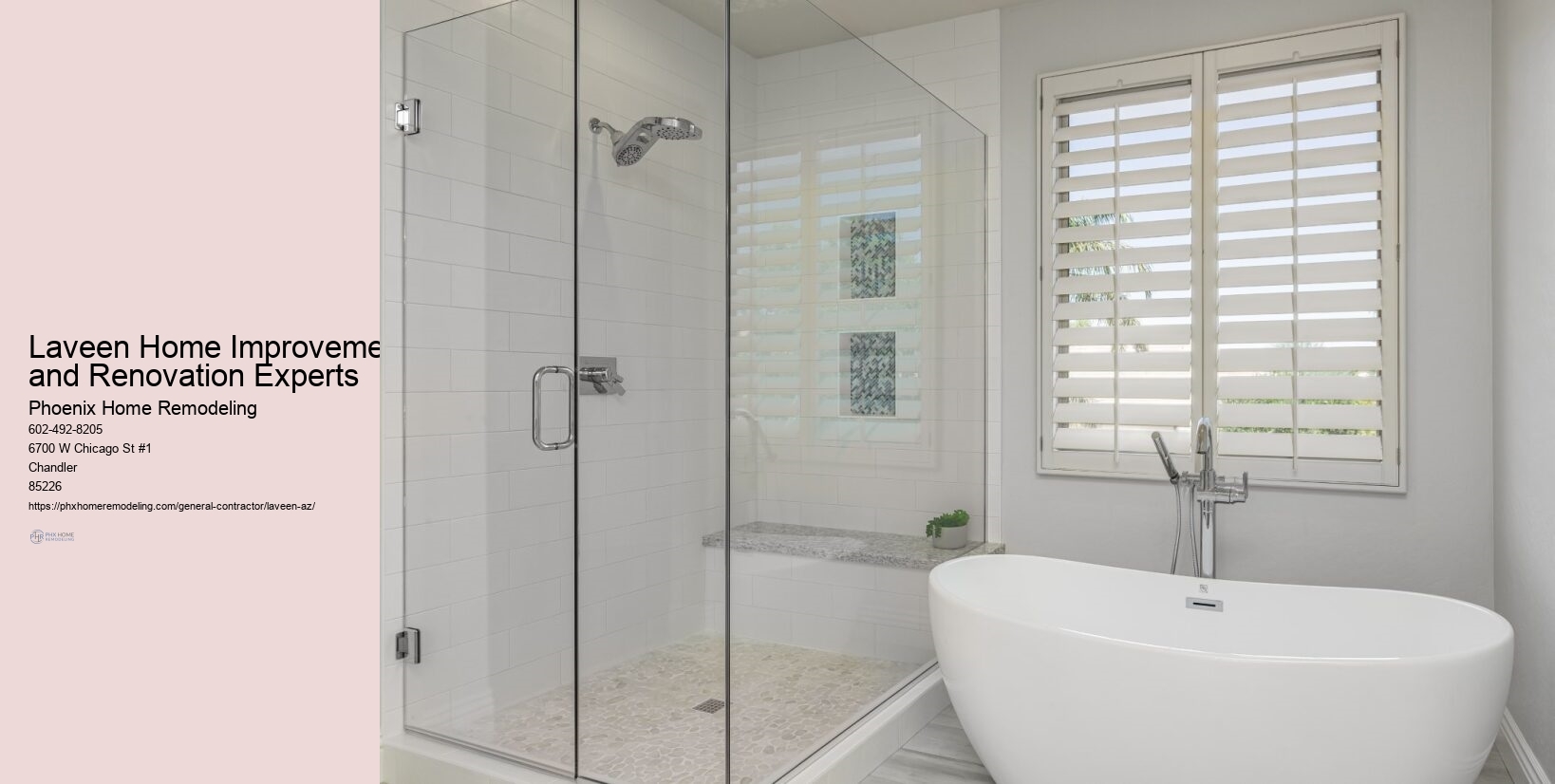




Establish clear and consistent upfront payment terms, with 25-50% as the standard for most industries, or consider arranging a series of installments, disbursing portions of the final bill at various project completion stages, as it's uncommon for clients to pay 100% of the bill in advance.
The value of a good general contractor lies in their ability to provide high-level service that enhances your overall experience, with quality home improvement services that necessitate substantial investments in hidden details, often resulting in higher costs due to the allocation of significant resources, including time, expertise, and money.
Independent contractors face the absence of benefits, including health insurance, as well as the responsibility of covering all business expenses from their own income and personal funds, with each expense contributing to the financial burden.
Maintain a comprehensive record-keeping system by capturing photographs and retaining receipts (including digital and physical invoices, credit card statements, office expenditures, and tax deductible acquisitions) and utilize an independent contractor spreadsheet to monitor both income and expenses.
When hiring a contractor, protect yourself by obtaining proof of bonding, licenses, and insurance, making decisions not solely based on price, requesting references, avoiding excessive upfront payments, ensuring a written contract, remaining cautious of pressure and scare tactics, considering specialized professionals for guidance, and trusting your instincts.